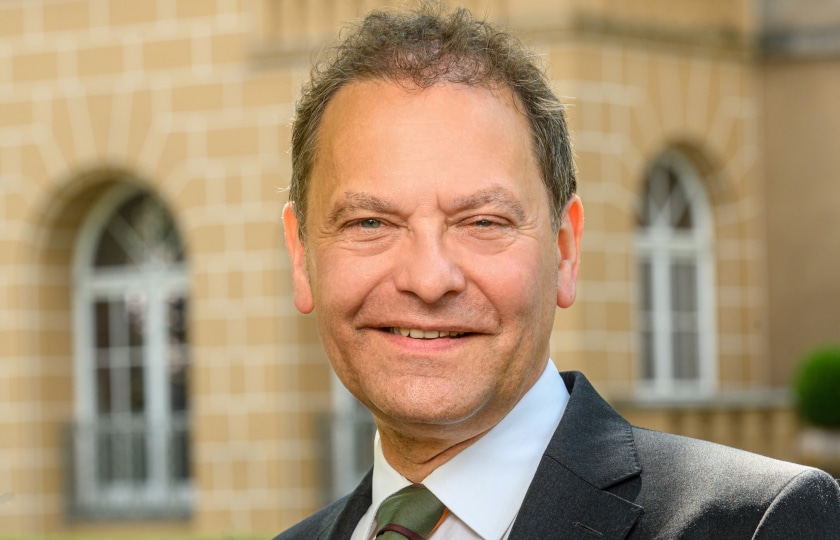Relationships between media and by media do not stop at borders. The cooperative project with the Macquarie University in Sydney investigates such transnational histories of media.
From 2015 to 2018, the Research Centre Media History at Universität Hamburg and the Centre for Media History at Macquarie University in Sydney work together to research and write a history of media beyond national boundaries and enable transnational research from a globally “entangled” perspective. This project aims to establish a close collaboration between Hamburg and Sydney in the research and teaching of media history. It will facilitate frequent exchanges of senior and junior researchers, including postgraduates, to discuss and explore “transnational media histories” as well as joint workshops, conferences and research projects. The academic starting point of “Transnational Media Histories”, funded by the DAAD [German Academic Exchange Service], is the research approach on “Entangled Media Histories”, which assumes a mutual entanglement.
Project Description
The new German-Australian cooperative network connects two institutions that decidedly work on the history of media: the Research Centre Media History at Universität Hamburg and the Centre for Media History at Macquarie University in Sydney. The starting point of this cooperation is the research approach of “entangled media histories”, drawing upon and contributing to histoire croisée, connected history, and Verflechtungsgeschichte in the field of media and communication studies. Thus, the project, which is funded by the DAAD [German Academic Exchange Service] from 2015 to 2019, aims to research transnational relations of and by media. The project “Transnational Media Histories” focuses on the frequent exchanges of researchers and PhD students in the field of communication and media history between Hamburg and Sydney.
The stay of Dr. Hans-Ulrich Wagner, head of the Research Centre Media History, as a visiting fellow at Macquarie University in November/December 2015, led to this project. In a keynote speech with the title “Chances and Challenges of Doing Transnational and Global Entangled Media History”, he outlined the project topic. In May/June 2016, Prof. Dr. Bridget Griffen-Foley, director of the Centre for Media History at Macquarie University, was a guest researcher at the Insitute for Media and Communciation at Universität Hamburg and the Research Centre Media History.
Furthermore, Mike Nugent, a PhD Student from Sydney, was a guest researcher at the Research Centre Media History. A common basis will be established through seminar papers, keynotes, conferences and visits. The medium-term goal is the stabilisation of academic exchange, as well as the realisation of a joint transnational project.













